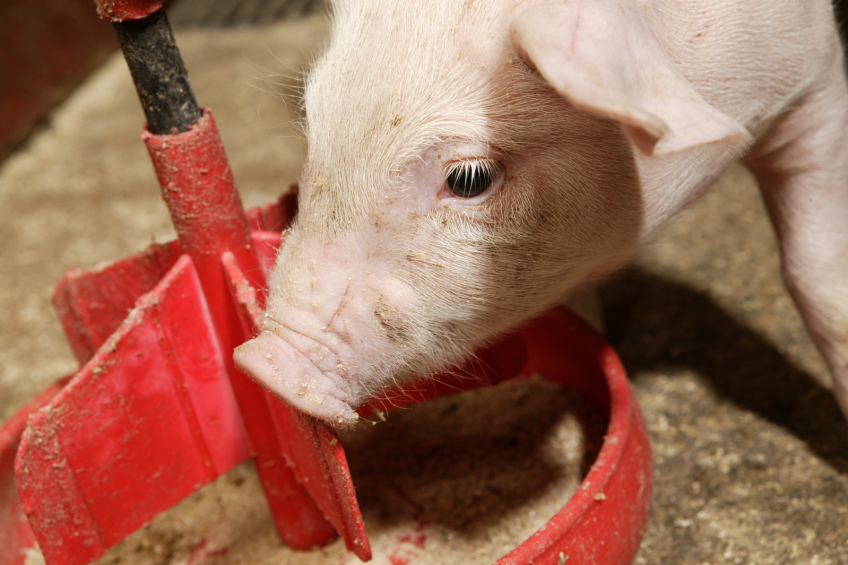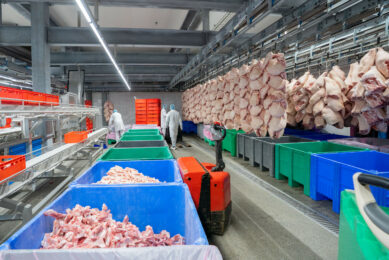Chinese herbs as alternatives to antibiotics in feed

The potential of Chinese herbs and challenges in their application are explored in a review from a Chinese-Canadian research group.
Traditional Chinese medicine (TCM) has a long history of clinical practice, and its own theoretical framework focused on functions at the whole-body level, explain Joshua Gong of the Guelph Food Research Centre and co-authors from the Chinese Academy of Sciences in Changsha and Wuhan Polytechnic University.
However, due to cultural differences, TCM has not been fully recognised in Western countries. Recent advances in ‘-omics’ and bioinformatics in combination with other tools in systems biology may offer a good opportunity to elucidate the molecular mechanisms by which the herbs improve gut health and performance of livestock, which will be critical in addressing the challenges to fully develop the application of Chinese herbs for food animal production.
The uniqueness of TCM theory and practice is the approach to maintain and restore the body balance as a whole with no or little unfavourable side effects.
Recent studies have shown that Chinese herbs used as feed additives can modulate nutritional metabolism, immune responses and intestinal health of food-producing animals, demonstrating good potential as substitutes for dietary antibiotics.
The authors critically review recent progress from scientific research into Chinese herbs as feed additives and their potential to replace dietary antibiotics.
Nonetheless, some issues need to be addressed before Chinese herbs can reach their full application. Challenges in future application for pigs and poultry production are discussed by the authors. Among these are a lack of knowledge on the active ingredients in most herbal additives, of quality control, of standards for scientific evaluation and of understanding of the mechanisms underlying herbal functions.
To access the full review of the study Chinese herbs as alternatives to antibiotics in feed for swine and poultry production: Potential and challenges in application, click here.











